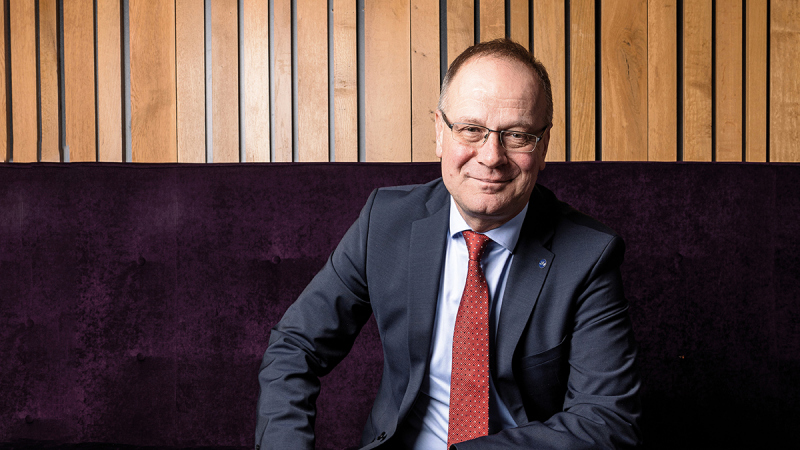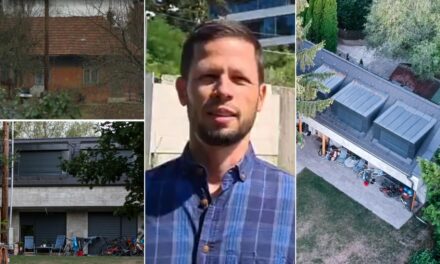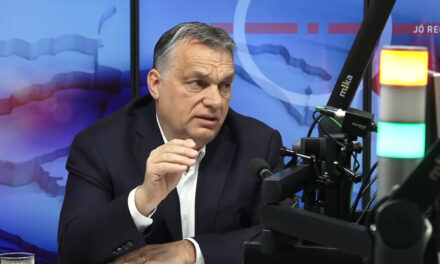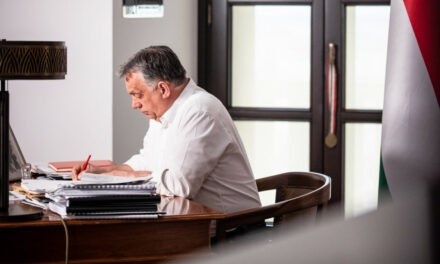The European Union is once again at a crossroads, as it has happened several times in the course of European integration, the Minister of Regional Development declared on Thursday at the archbishop's college in Veszprém.
On the opening day of the three-day, multilingual conference on the future of Europe, Tibor Navracsics emphasized that the conditions inside and outside the European Union have changed in the past period, which led to the community coming to a crossroads. He said that according to his vision, the European Union can be imagined as an economic community, a federal unit or a cultural community.
A war is raging on the eastern borders of the EU, the pandemic has also aggravated the situation, as a result of which the European economy has collapsed. This is how the question of where the European Union is going next has become relevant, the minister underlined. Speaking about the possible future of the union, Tibor Navracsics said: the first model views the union as an economic community, therefore it focuses on the common market and does not set any political expectations towards the member states.
He considers the union to be the second federal unit, perceives the future of European integration as a process of state development, and also formulates increasing political demands on the member states, he explained.
"The third model, which I prefer, sees the European Union as a cultural community," the Minister of Regional Development stated, adding that according to this, the union would function "community of communities" together.
The youth conference that will end on Saturday is part of the series of events organized by the European Catholic Theological Society on the topic of Europe together with the Pécs Episcopal College of Religious Studies, the Roman Catholic Archdiocese of Veszprém and the Archbishop's College of Veszprém.
At the event, those interested can hear lectures and round table discussions, mostly theology students will speak, among others on topics such as the importance of Judeo-Christian culture or the future of Europe in the light of religious education. The purpose of the event is to bring together young theologians from different countries of Europe and to formulate new ideas regarding the future of the continent. More than 70 young theologians from 16 countries will participate in the conference.
Source: Mandiner.hu
Photo: Árpád Földházi













